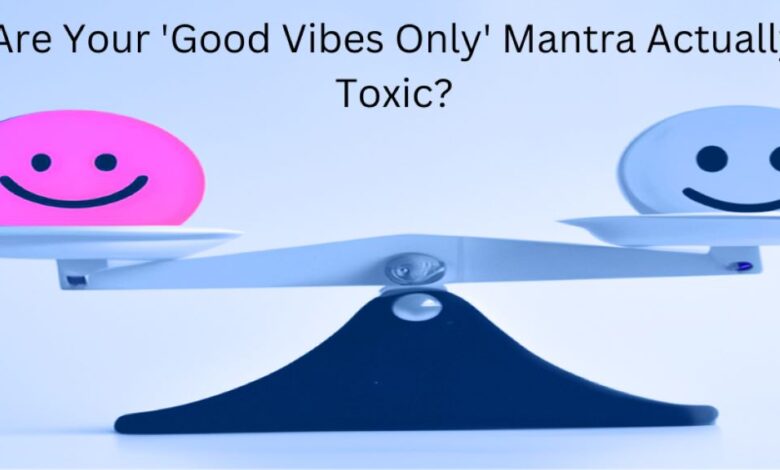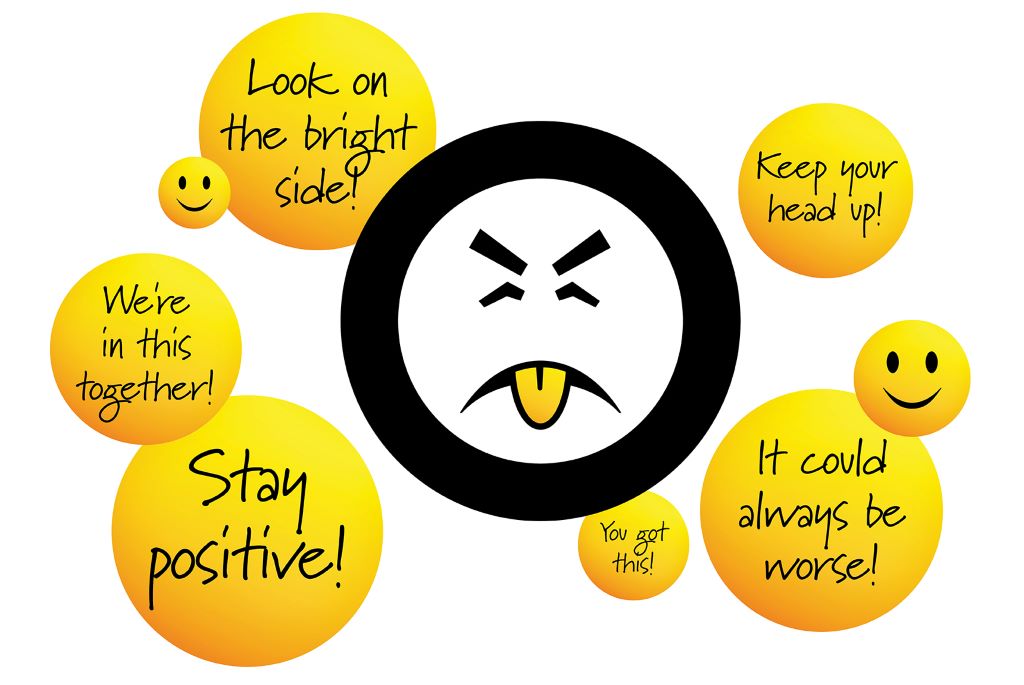Positive Thinking vs. Toxic Positivity: Finding the Healthy Balance

We all want to live happier, more fulfilling lives. The power of positivity is often seen as the key to achieving this. But there’s a fine line between cultivating a positive attitude and falling into the trap of toxic positivity. Understanding this difference is crucial for building genuine emotional resilience and well-being.
What is Positive Thinking?
Positive thinking isn’t about ignoring problems or pretending negativity doesn’t exist. It’s more about:
- Facing challenges with optimism: Believing in your ability to overcome obstacles and find solutions.
- Focus on the good: Acknowledging positive aspects of your life without dismissing the negative.
- Constructive self-talk: Replacing negative self-criticism with supportive inner dialogue.
Positive thinking helps build resilience, improves problem-solving skills, and can even boost physical health. It’s a proactive approach to life that can be incredibly beneficial.
What is Toxic Positivity?
Toxic positivity takes optimism to an extreme. It involves:
- Denying or dismissing negative emotions: Forcing yourself to be happy even when facing sadness, anger, or disappointment.
- Minimizing problems: Phrases like “it could be worse” invalidate genuine struggles.
- Shaming others: Suggesting people experiencing difficulties simply aren’t positive enough.
Toxic positivity creates an expectation that we should be happy all the time. It silences legitimate emotions, hindering healthy coping mechanisms and creating feelings of shame or isolation.

Key Differences Between Positive Thinking and Toxic Positivity
| Feature | Positive Thinking | Toxic Positivity |
| Focus | Solutions, growth, potential | Forced happiness, denial of problems |
| Emotions | Acknowledges a full range of emotions | Suppresses and invalidates negative emotions |
| Self-talk | Supportive, realistic | Dismissive, may involve shaming or judgment |
| Impact on Others | Uplifting, encourages authentic support | Can leave people feeling isolated, unsupported |
Examples of Toxic Positivity
You might recognize toxic positivity in phrases like:
- “Good vibes only!”
- “Everything happens for a reason.”
- “Look on the bright side.”
- “Don’t be so negative.”
These phrases, though well-intentioned, dismiss emotional experiences and shut down important conversations.
Why Toxic Positivity is Harmful
- Suppresses emotions: Bottling up negativity doesn’t make it go away; it often makes it worse.
- Isolates those struggling: People feel they can’t express their true feelings, leading to loneliness.
- Hinders problem-solving: Denial prevents realistic action towards solutions.
- Creates shame: The message that any negativity is a personal fault is damaging.
Finding the Balance: Healthy Optimism
The goal isn’t to abandon positivity altogether. Here’s how to cultivate an optimism that’s healthy and supportive:
- Acknowledge your emotions: Allow yourself to feel sadness, disappointment, or anger without judgment. Processing difficult emotions is essential for well-being.
- Focus on what you can control: In tough situations, identify what aspects you can influence, and take action, however small.
- Practice self-compassion: Treat yourself with the same kindness you’d extend to a friend.
- Build support systems: Surround yourself with people who allow you to experience and express your full range of emotions.
- Seek professional help when needed: Therapists help you explore healthy coping mechanisms for difficult emotions.
Can Positive Thinking Really Cure Illness? Exploring the Mind-Body Connection
Words Matter: What to Say Instead
Instead of toxic positive phrases, try these supportive alternatives:
- “I hear you, and I’m here for you.”
- “This seems really tough. How can I help?”
- “It’s okay to feel whatever you’re feeling.”
- “Do you want to talk about it?”
- “What would be helpful right now?”
Remember, embracing the full spectrum of human emotions is vital for true resilience and happiness. A healthy dose of positivity is powerful, but it should never come at the cost of denying your authentic self.




